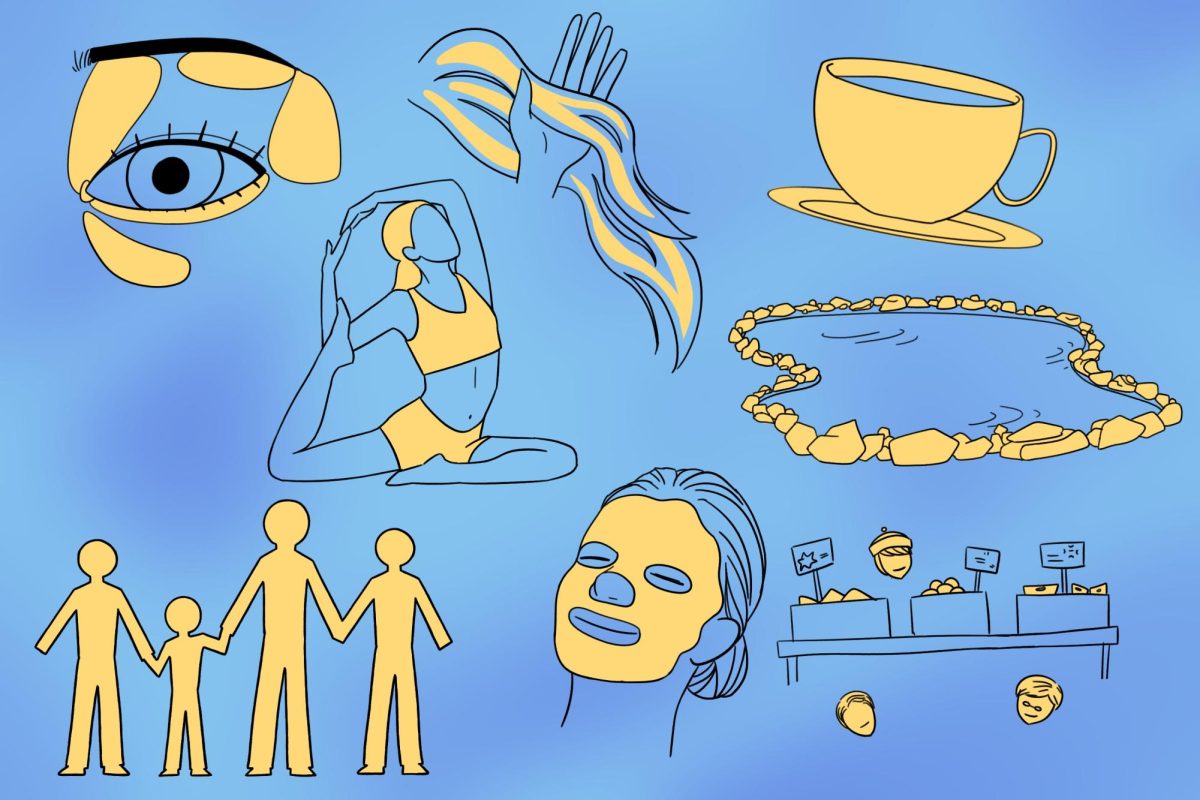As we enter winter and the trenches of finals week, it is important to carve out time to take care of yourself. While social media may inundate us with new, trendy practices weekly, the best ways to take care of ourselves are often the customs we grew up with or those passed down through our families.
Eye massages

Growing up, my Chinese teachers at language school made sure to give us ample break times to do eye massages. Using our fingers, we made circular motions on our temples, nose bridge and beneath our eye sockets. Inspired by the art of acupuncture, these massages target pressure points near the eyes to help increase blood flow and improve vision. Though the effectiveness of the latter has been debated, it’s still good practice to take frequent breaks from blue light monitors and 12-point fonts. So, when you have the chance to take a break from that research paper you procrastinated, try an eye massage and maybe you’ll be able to see that pesky sentence in a new light.
— Grace Tan, Identity & Equity Editor
Hair oiling
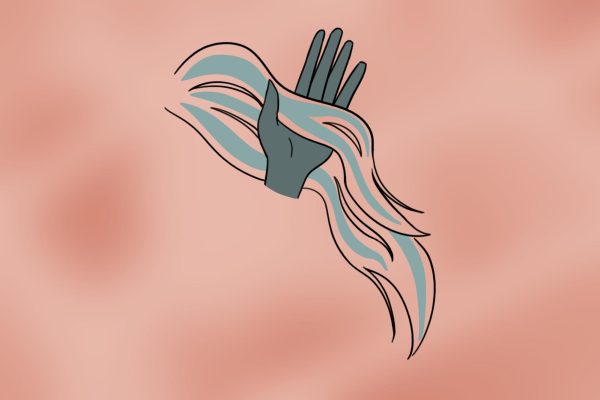
A huge aspect of South Asian culture is our long, thick black hair, which represents our strength and perseverance through difficult times. For many Bengali people, hair oiling is part of a weekly ritual to keep our hair shiny and strong. Often, older family members — mothers, aunts and grandmas — will do this by sectioning off layers of your hair and massaging cold, thick oil into it. It may hurt if your hair is tangled, so be sure to brush your hair before to limit pain and your grandma yelling at you to hold still.
This is a time to connect with your family members who have had the same long, black hair that needed tending to. Coconut oil is the most commonly used oil for hair oiling, and it works wonders for all types of hair. Not only does hair oiling help me maintain healthy hair, it is also a self-care ritual that connects me with my ancestors, one strand of hair at a time.
— Pritheva Zakaria, Staff Writer
Menstrual care
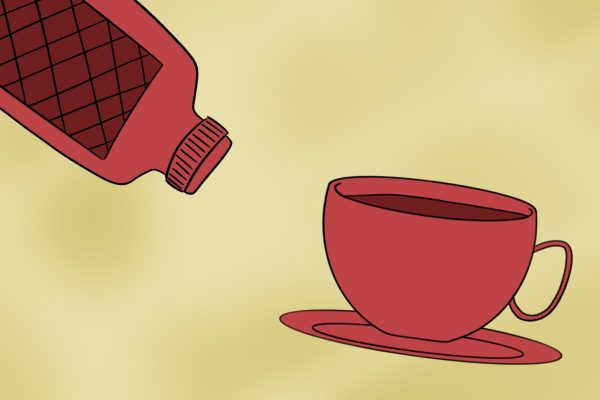
Both staples in traditional Chinese medicine, goji berry and jujube tea are especially beneficial for women during menstruation, as they nourish the blood and tonify the liver and kidney. Scientifically, goji berries and jujubes are packed with antioxidants, vitamins and minerals. They also protect eye health, support the immune system, remedy anxiety and promote better sleep. On a further dietary note, according to traditional Chinese medicine, cold food and drinks should always be avoided — this means no chocolate ice cream! I also highly recommend using heating pads on your lower abdomen. Both reusable water pads and Japanese adhesive pads work well, although I prefer the latter due to convenience and mobility.
— Katie Liao, Staff Writer
Yoga
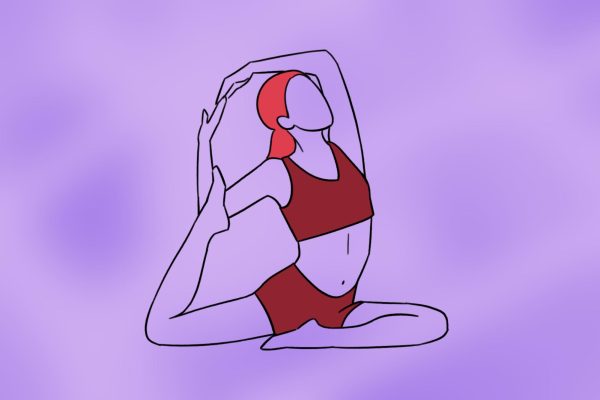
It is commonly said that we must do one thing each for our physical, mental and spiritual health everyday. Yoga is a way to show ourselves care in each of these areas. My first introduction to this culturally Indian practice was through watching my grandmother practice “asanas,” or yoga poses, such as headstands and backbends daily.
Though yoga is often viewed as a slower, meditative practice, its benefits to the physical body cannot be undermined. As somebody who exercises at the gym regularly, I find that incorporating yoga into my weekly workout routine creates a great balance, because the flexibility that this practice offers complements strength training. I also find the challenge of the asanas exciting because there is always a more advanced version of a pose to strive towards with improved mobility.
— Zara Surti, Staff Writer
Going grocery shopping in Chinatown
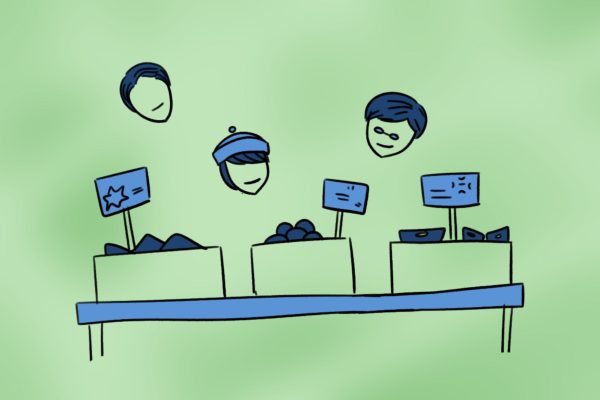
As an Asian American, grocery shopping on Sundays became a ritual for my family after Chinese school. We went to the same Asian supermarket and ate at the same pho place so many times that the staff knew our order by heart.
Now, as a Broome Street resident, I’ve adapted this tradition into a brain break, which proves especially useful with the stress from finals season looming on the horizon. I find peace in studying the faces of the street vendors, realizing how similar the apartments are to those in Shanghai (which I miss dearly), and in practicing my fading Mandarin with the cashier who’s pushing me to buy discounted food. While taking care of yourself looks different for everyone, I highly recommend the simple act of leaving your dorm when the pressure gets to be too much.
— Mia Shou, Contributing Writer
Turmeric face masks
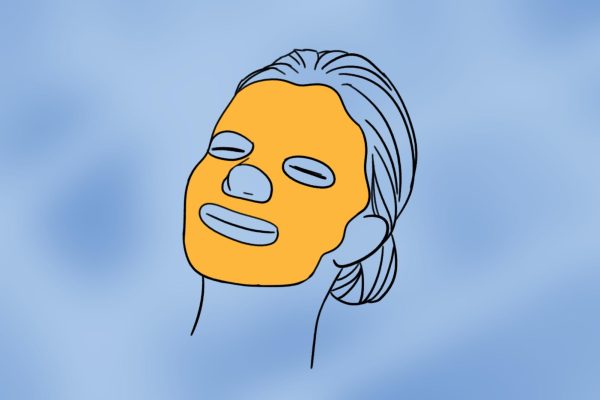
Turmeric face masks have always been a staple in my Pakistani American household. One of the most vivid memories of my early childhood is the feeling of my mother’s hands spreading a mixture of turmeric powder, honey and a bit of milk or yogurt across my cheeks. Whether my skin is breaking out from stress, looking dull or feeling dry, my go-to remedy is a turmeric mask. Even if I am alone, it brings me back to those family moments and calms me down when the world seems too fast. So, if you feel like finals week is starting to take a toll on your skin, take a break and find solace in turmeric face masks.
— Noor Maahin, Staff Writer
Jjimjilbang (Korean bathhouses)
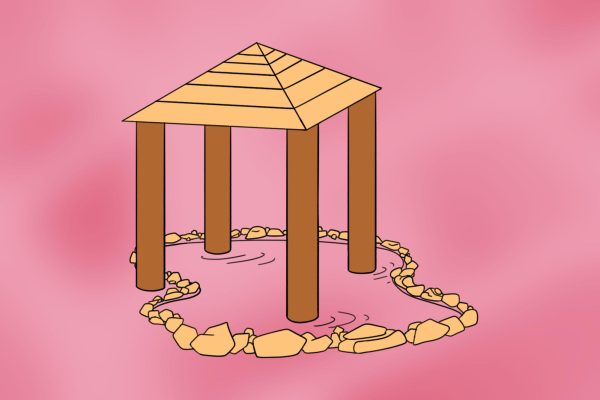
During my adolescence, going on vacation to my motherland meant months of relaxation and immersing myself in traditional Korean customs. One such practice was going to a jjimjilbang with my family. Jjimjilbangs, also known as Korean bathhouses, are an important part of social culture in South Korea. While they are generally separated by gender, they also have clothed common areas where people can eat and hang out. After hours of soaking in hot tubs and sweating our stress away, my family and I would share Korean sauna eggs, hard-boiled eggs with a distinct nutty flavor, and drink sikhye, a refreshingly sweet fermented rice drink.
Regardless of ethnicity, jjimjilbangs are a great way to unwind and socialize with family and close friends. There are many in the New York City area, specifically in Koreatown and Flushing. Helping scrub each other’s backs and wearing yangmeori (Korean lamb’s head towel) together can serve as unconventional ways for you and your loved ones to get closer.
— Joanne Lee, Contributing Writer
Χύμα στο κύμα (carefree living)
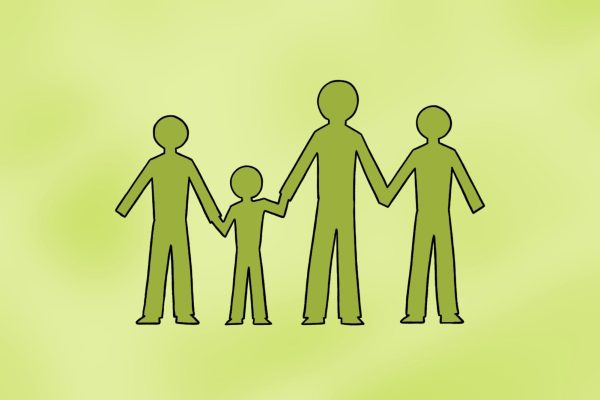
I am from a Greek island in the Aegean Sea, called Icaria. To my fellow Icarians: Don’t hate me for sharing our secrets — the public needs to know. Our jovial way of life is because we value our time and don’t rush. We talk and walk. We swim. We laugh. We dance. We eat well, and drink well — sometimes too much. Most importantly, we surround ourselves with our loved ones, like brothers and sisters.
For myself, self-care is about nursing your mind, body and soul. My reset ritual in New York City is this: going outside and taking a walk, finding a nice bench for a read (perhaps a smoke as well), and then working out to blow off steam. Following my exercise, I have dinner and drinks with my significant other or roommates. This is how I prefer to live. Balance is essential. It’s what I’ve learned from my time in Icaria — try it sometime. Στην υγειά σας!
— Constantine Moore, Contributing Writer
Contact Grace Tan, Pritheva Zakaria, Katie Liao, Zara Surti, Mia Shou, Noor Maahin and Constantine Moore at [email protected].

























































































































































